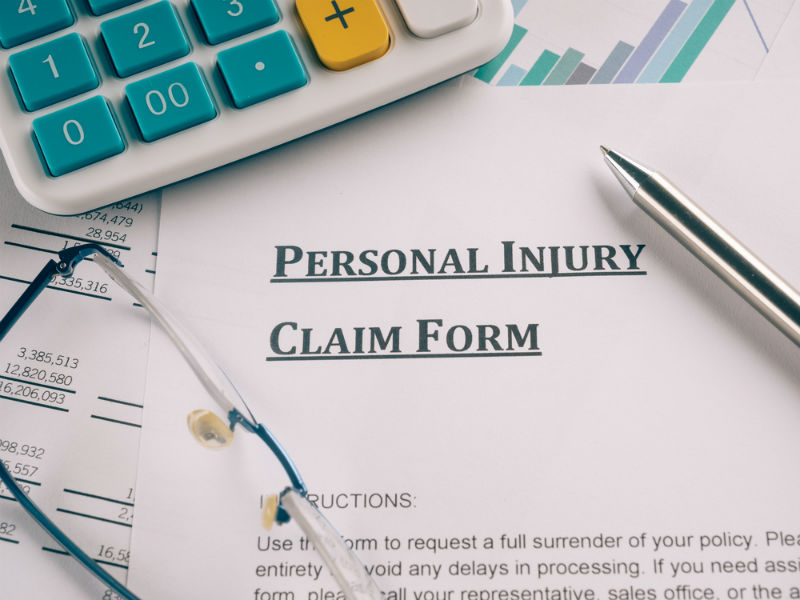No one wants to go to court. It is expensive, time-consuming, and stressful. If you have had an accident injury, you may be wondering if your personal injury claim will have to go to court. The answer is maybe. If the other side does not believe that you are entitled to the compensation you are asking for, or if they do not agree on the amount of money you are owed, then you may need to reach out to The Clark Law Office since your case may have to go to trial.
Serve The Defendant With The Claim
The first step in starting a personal injury claim is to serve the defendant with the claim. This is a formal document that states what happened, who is at fault, and how much money you are asking for in damages. The defendant then has a certain amount of time to respond to the claim. If the defendant does not respond to the claim, you can ask the court for a default judgment. This means that the court will rule in your favor without having to go to trial. If the defendant does respond to the claim but does not agree with what you are asking for, then your case will likely have to go to trial.
click here – How Does The Process Of Running New Electric Service Work?
Liability Is Decided by A Jury
If your case goes to trial, a jury will ultimately decide who is liable for your injuries. The jury will hear evidence from both sides and then make a determination based on the facts of the case. If they find that the other party is liable, they will award you damages. The number of damages you receive will be based on the severity of your injuries, the impact they have had on your life and the amount of financial losses you have incurred.
The Trial Process Can be Long and Expensive
Trials can take months or even years to complete. And the costs associated with taking a case to trial can be significant. You will likely have to pay for expert witnesses, court fees, and other associated costs. As such, it is important to weigh the costs and benefits of going to trial before making a decision.
The length of court proceedings depends on various factors, including;
The extent of the harm: if the person’s injuries are very severe, this will likely lengthen the duration of the case.
The number of witnesses: if there are many witnesses, each of whom must be questioned, this will also add to the length of the trial.
Jurisdictional issues: if the case is being tried in a different state from where the accident occurred, this can lengthen the process as well.
The accident’s complexity: if the accident was complex, it might take longer to untangle all of the legal issues.
The court’s schedule: if the court is backlogged, this can also add to the length of time it takes for a case to go to trial.
Arguments regarding the level of responsibility or remuneration: if the parties cannot agree on how much money the person is entitled to, this will lengthen the process.
click here – Search engine optimization: What you should know
Your case may be resolved
If your case does go to trial, it is important to remember that there is always a chance that it will be resolved before the trial even begins. This can happen if the parties reach a settlement agreement or if the judge decides that one side does not have a strong enough case to win at trial. If your case is resolved before trial, you will not have to go through the stress and expense of a trial.
Your Case Could End up in Appeal
If your case does go to trial and you are not happy with the outcome, you do have the option to appeal the decision. However, appeals can be costly and time-consuming. And, there is no guarantee that you will be successful in overturning the original verdict.
What Happens After The Appeal?
The appellate court will review the record of the case and the arguments of both sides. The court may then affirm the decision of the lower court, reverse the decision, or remand the case back to the lower court for further proceedings. If the appellate court reverses the decision, this means that you will win your case. If the appellate court affirms the decision, this means that you will lose your case. If the appellate court remands the case, this means that the case will go back to the lower court for further proceedings.
No one knows for sure what will happen if their personal injury claim goes to court. If you have suffered an injury, you should speak with a personal injury lawyer to discuss your options. They can help you understand the risks and benefits of going to trial and make sure that you are prepared for whatever may happen.
It is important to note that even if your case does go to trial, there is no guarantee that you will win. If the jury decides in favor of the other party, you will not receive any compensation for your injuries.

